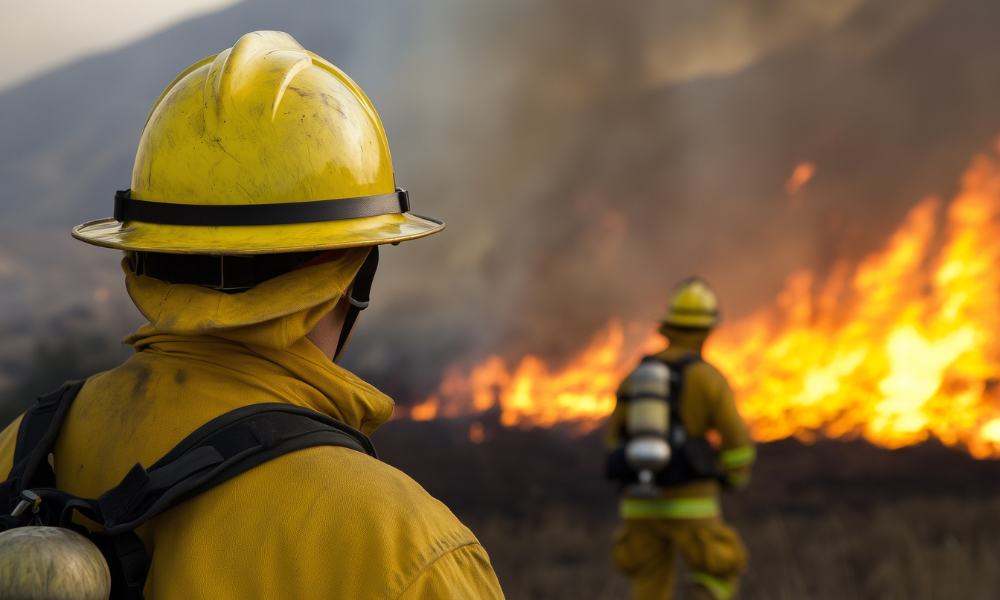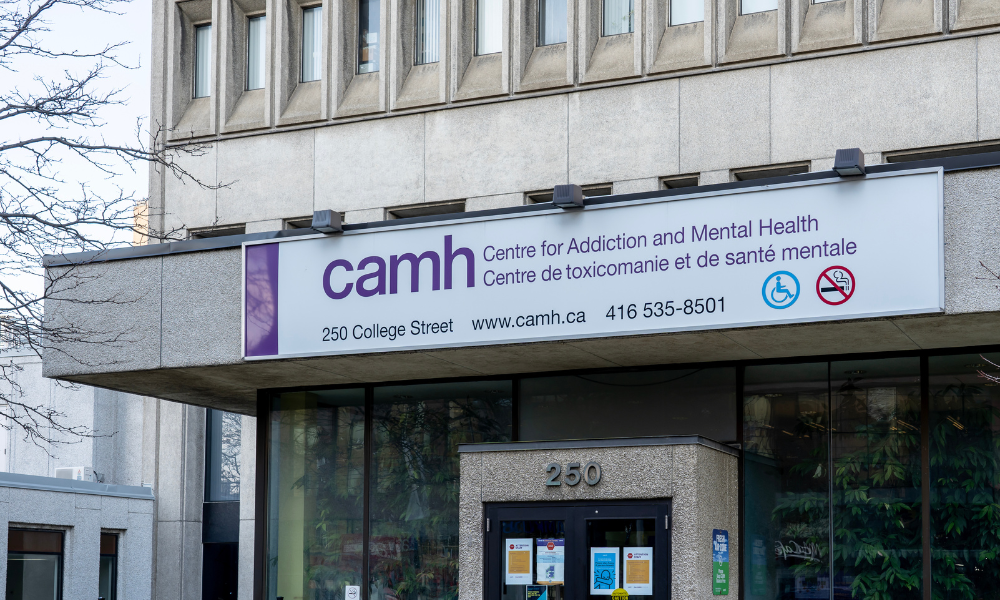'Employers need to assess risks early and implement effective plans and controls to protect their workers'

As summer approaches, WorkSafeBC is urging employers across British Columbia to take action to protect workers from the growing hazards of extreme heat and wildfire smoke.
Hot and smoky conditions during the summer months create significant safety risks for both indoor and outdoor workers. If not properly managed, these conditions can lead to serious injuries, including heat stress and respiratory problems, WorkSafeBC stated in its advisory.
“Hot and smoky conditions during the summer months create challenges for both indoor and outdoor workers,” said Todd McDonald, head of prevention services at WorkSafeBC. “With hazards related to extreme heat becoming more frequent in recent years, employers need to assess risks early and implement effective plans and controls to protect their workers.”
Heat hazards affect indoor and outdoor workers
While outdoor workers are often most associated with heat-related injuries, WorkSafeBC noted that extreme heat can also create dangerous conditions indoors. Workplaces such as kitchens, warehouses, and manufacturing facilities can become dangerously hot, especially where there is little or no air conditioning.
Employers must reassess workplace conditions as temperatures rise and put in place measures such as improved ventilation, scheduled rest breaks, and access to cool drinking water to reduce the risk of heat stress.
Between 2020 and 2024, WorkSafeBC accepted 315 heat-related injury claims. The highest number of claims were reported in transportation, public works, construction, food services, and film and television production.
Outdoor workers also face heightened risks from ultraviolet (UV) radiation. Prolonged sun exposure increases the likelihood of skin damage and cancer, with outdoor workers being 3.5 times more likely to develop skin cancer than those working indoors, according to WorkSafeBC.
Wildfire smoke, a growing concern
In addition to extreme heat, workers are increasingly being exposed to wildfire smoke as hotter and drier summers lead to more frequent and intense wildfires. Wildfire smoke contains fine particulate matter and toxic gases that can penetrate deep into the lungs, worsen respiratory conditions like asthma, and increase the risk of lung and heart disease.
WorkSafeBC emphasized that wildfire smoke should be treated as a hazardous substance. Employers must take steps to protect workers from exposure, particularly those working outdoors or in areas where smoke may infiltrate indoor spaces.
Employers’ legal duties
Employers in British Columbia are legally required to maintain a healthy and safe workplace, which includes protecting workers from the hazards posed by extreme heat and wildfire smoke.
The Occupational Health and Safety Regulation specifies employer responsibilities related to these hazards:
- Sections 7.27 to 7.32 address heat exposure.
- Section 4.80 covers indoor air quality, including temperature and humidity.
"Employers have a responsibility to protect their workers from heat stress and poor air quality," McDonald said. "Employers should also involve workers in identifying hazards and developing solutions, which leads to stronger and more effective safety outcomes."





